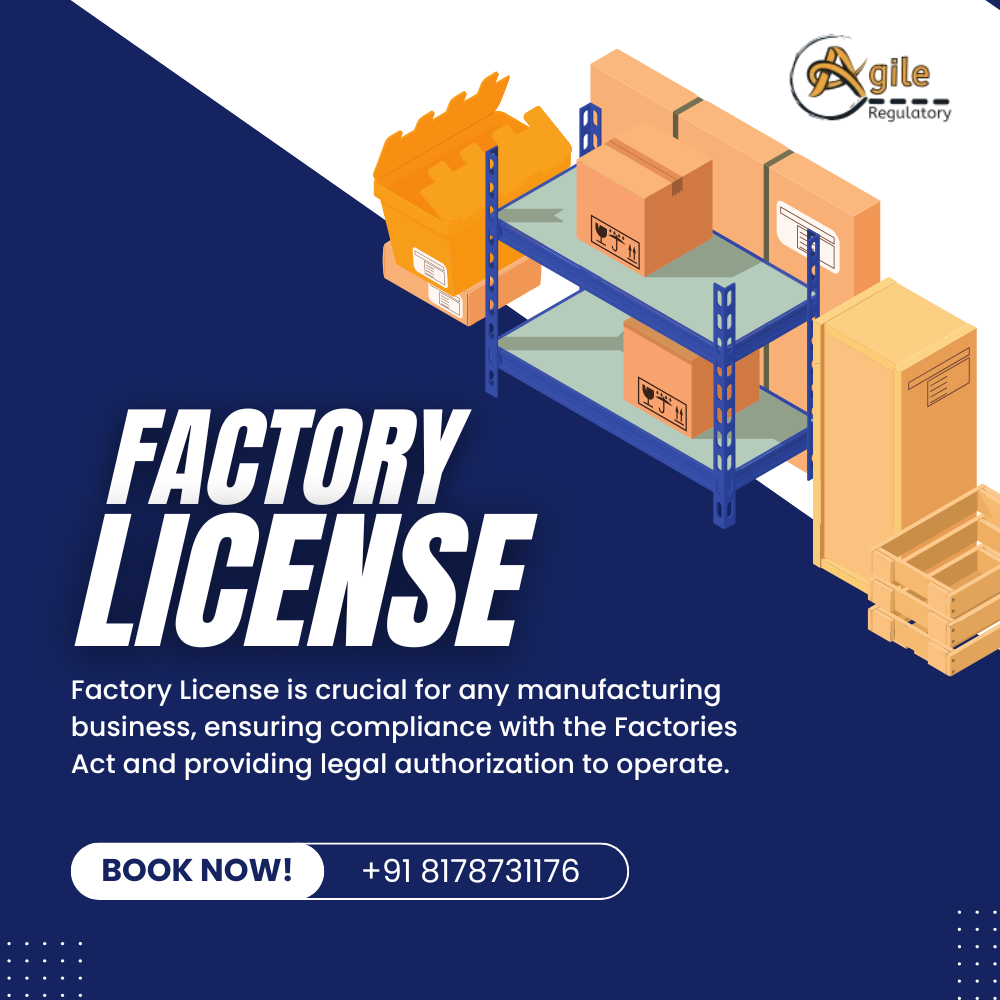
In the dynamic and highly competitive world of manufacturing, operational efficiency is not just a goal—it’s a necessity. For any manufacturing business to thrive and grow, streamlining operations must be at the heart of its strategy. From production planning to workforce management and regulatory compliance, every aspect of the operation must function in harmony. This guide offers valuable insights into how manufacturing companies can achieve operational excellence and sustainable growth through smart strategies and efficient systems.
1. Understanding Operational Streamlining
Operational streamlining refers to the process of optimizing systems, reducing waste, and improving workflow efficiency. In manufacturing, this means ensuring that every stage of production—from procurement of raw materials to delivery of finished goods—is as cost-effective and time-efficient as possible. Streamlining not only cuts unnecessary expenses but also boosts product quality and customer satisfaction.
2. Conducting a Process Audit
The first step toward streamlining operations is conducting a thorough process audit. Identify bottlenecks, repetitive tasks, underutilized resources, and areas with frequent delays. Using tools like value stream mapping and Six Sigma methodologies can help detect inefficiencies that often go unnoticed in daily operations. Once identified, corrective actions can be planned and executed.
3. Implementing Lean Manufacturing Principles
Lean manufacturing is a proven strategy focused on minimizing waste without sacrificing productivity. By adopting lean principles such as Just-in-Time (JIT) inventory, continuous improvement (Kaizen), and 5S (Sort, Set in order, Shine, Standardize, Sustain), manufacturers can significantly enhance efficiency and responsiveness. Lean systems foster a culture of discipline and ownership among employees.
4. Embracing Technology and Automation
The role of technology in streamlining manufacturing operations cannot be overstated. Automation tools like robotic process automation (RPA), AI-driven analytics, and Internet of Things (IoT) devices improve accuracy and reduce manual labor. Enterprise Resource Planning (ERP) systems help in integrating all facets of production, inventory, HR, and finance into a single platform, ensuring real-time visibility and control.
5. Skilled Workforce and Training
Human resources remain the backbone of manufacturing operations. Continuous training programs to upgrade the skill set of employees contribute directly to operational efficiency. Training should focus not only on machinery and processes but also on quality management, safety, and effective communication. A motivated and competent workforce reduces downtime and enhances productivity.
6. Supplier and Inventory Management
Efficient supplier management ensures timely procurement of raw materials and helps avoid production delays. Manufacturers must maintain a lean inventory system that balances supply with demand while avoiding excess storage costs. Implementing tools such as Material Requirements Planning (MRP) and Vendor Management Inventory (VMI) can streamline procurement and supply chain operations.
7. Quality Control and Maintenance
Maintaining product quality is essential to sustain growth. Establish robust quality control checkpoints throughout the production cycle. Predictive and preventive maintenance of equipment ensures minimal breakdowns and prolongs machine life. Using data analytics to predict maintenance needs can significantly reduce unplanned downtime and repair costs.
8. Regulatory Compliance and Licensing
One crucial yet often overlooked aspect of manufacturing operations is regulatory compliance. Adhering to statutory norms not only ensures legal security but also helps build credibility with stakeholders and clients.
Importance of Factory License in Streamlining Operations
A Factory License, issued under the Factories Act, 1948, is a critical legal requirement for manufacturing units in India. Obtaining this license ensures that the factory operates under standardized safety, health, and welfare conditions. It also enables businesses to apply for other essential registrations like environmental clearances, electricity connections, and fire safety approvals. Operating without a valid Factory License can lead to severe penalties, closure notices, and legal complications, disrupting your operations entirely. Therefore, timely procurement and renewal of the Factory License is fundamental to running a compliant, interruption-free, and growth-ready manufacturing business.
9. Sustainability and Environmental Responsibility
Today, manufacturing businesses are under increasing pressure to adopt sustainable practices. Streamlining operations should also involve reducing environmental footprints. Installing energy-efficient machinery, recycling waste, and minimizing emissions not only improve brand image but also attract eco-conscious consumers and investors. Certifications like ISO 14001 help manufacturers establish environmental management systems that are compliant and impactful.
10. Customer-Centric Production
Understanding customer expectations and integrating feedback into production planning is vital for long-term growth. Customizing products, reducing delivery times, and maintaining consistent quality contribute to customer satisfaction. Tools like Customer Relationship Management (CRM) systems can be integrated with ERP platforms to align production goals with market demand.
Conclusion :
As manufacturers strive for greater efficiency and scalability, legal and regulatory compliance must not be overlooked. At Agile Regulatory, we specialize in helping businesses navigate the complex compliance landscape in India—starting from obtaining Factory Licenses, Pollution Control Consents (CTE/CTO), and Drug Licenses, to industry-specific certifications like BIS, CDSCO, and EPR.
With over 12 years of experience and a team of experts, we simplify the end-to-end regulatory process, allowing you to focus on production, innovation, and growth. Whether you’re starting a new factory or scaling an existing unit, Agile Regulatory ensures your operations remain efficient, compliant, and future-ready.